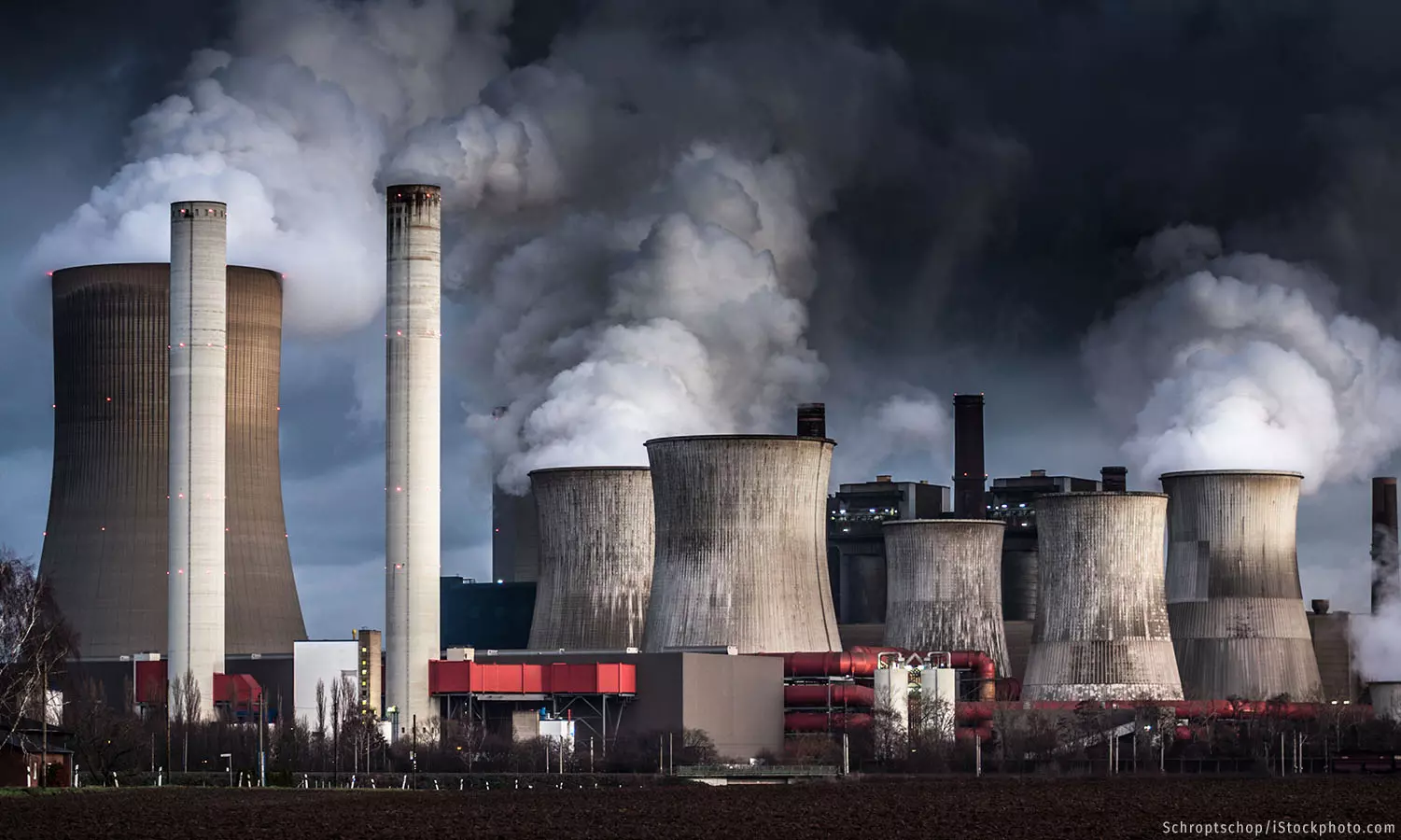G20 Summit Agreement Fails To Strengthen Coal Phase-Down Even As Data Show High Per Capita Coal Emissions
India’s per capita coal emissions have increased by 29% in the past seven years, but it is not the worst, according to a recent analysis by global energy think tank Ember. Australia and South Korea were the top two coal power polluters per capita among the G20 in 2022.

Mumbai: As world leaders gather in New Delhi for the Group of 20 (G20) Summit–with 19 member countries and the European Union–data show that a majority of the group still has very high per capita coal power emissions. At the summit, countries agreed to “pursue further efforts” to limit the global average temperature rise to 1.5 degrees celsius (°C), agreeing to “encourage efforts to triple renewable energy capacity globally” but the G20 New Delhi Leaders Declaration included no new commitment on phasedown of coal power or on phasing down all fossil fuels.
G20 countries had agreed on “accelerating efforts towards the phasedown of unabated coal power, in line with national circumstances and recognising the need for support towards just transitions” at the Bali summit in the previous year.
India’s per capita coal emissions have increased by 29% in the past seven years, but it is not the worst offender, according to a recent analysis by global energy think tank Ember. Australia and South Korea were the top coal power polluters per capita among the G20 in 2022, an unchanged status since 2020.
A fossil fuel phasedown has been one of the sticking points at the ancillary meetings to the summit so far. G20 countries–responsible for 85% of the world's Gross Domestic Product (GDP) and 80% of its power sector emissions- failed to reach a consensus at the energy and climate ministers' meetings in July this year on the phasing down of unabated use of fossil fuels, according to a July press release by climate advocacy non-governmental organisation Climate Trends.
“Reiterating language from the last G20 on efforts to phase down coal just maintains the status quo.
Increasing renewables must be backed by phasing down fossil fuels – both are indispensable for just transitions and a net-zero world,” said Madhura Joshi, India Lead for climate think-tank E3G, in a press release from Climate Trends after the New Delhi declaration.
The Group of 7 (G7)--comprising Canada, France, Germany, Italy, Japan, the United Kingdom and the United States–nations had earlier committed to accelerating the phase-out of fossil fuels, without setting a date for it.
How much does each G20 country emit?
Per capita coal power emissions have reduced across more than half of the G20 economies. The United Kingdom saw the most significant decline in coal power emissions per capita in the last seven years, dropping by 93% and bringing it far below the global average, followed by France (-63%), Italy (-50%) and Brazil (-42%), data from the Ember report show.
Australia and South Korea, despite reductions in emissions, each emit over three times the coal power emissions as compared to the global average and more than twice the G20 average, surpassing even China, the US and Japan. Australia’s and South Korea’s per capita coal emissions fell by 26% and 10%, respectively, since 2015 as a result of growing clean power generation, the Ember report says. But it’s not yet enough to push them down the ranks and close to the global average, the report adds.
Continued reliance on coal power led Australia to emit more than 4 tonnes of carbon dioxide (tCO2) per individual and South Korea over 3 tCO2 per individual in 2022. This is approximately three times the global average of 1.1 tonnes of carbon dioxide.
Some coal-dependent G20 countries experienced rises in per capita emissions in the past seven years, including Indonesia (+56%), Türkiye (+41%), China (+30%) and India (+29%), as a result of rapidly growing demand outpacing the growth in clean generation.
Public money for fossil fuels in G20 countries grows
At the Bali summit in 2022, G20 countries had agreed to “phase out and rationalize, over the medium term, inefficient fossil fuel subsidies that encourage wasteful consumption and commit to this objective, while providing targeted support to the poorest and most vulnerable, and in line with national circumstances.” The New Delhi Leaders’ Declaration reiterates this commitment.
G20 members provided a record $1.4 trillion in public money to support fossil fuels in 2022, according to a study by the International Institute for Sustainable Development (IISD), published in August 2023. That amount—which includes fossil fuel subsidies ($1 trillion), investments by state-owned enterprises ($322 billion), and lending from public financial institutions ($50 trillion)—is more than double the 2019 levels.
However, India has done better on this front, having reduced its fossil fuel subsidies by 76% from 2014 to 2022, while significantly increasing support for clean energy, the IISD report said.
“These figures are a stark reminder of the massive amounts of public money G20 governments continue to pour into fossil fuels despite the increasingly devastating impacts of climate change,” said Tara Laan, Senior Associate at IISD and the lead author of the study in a press release.
“The G20 has the power and the responsibility to transform our fossil-based energy systems. It is crucial for the bloc to put fossil fuel subsidies on the Delhi Leaders’ Summit agenda and take meaningful actions to eliminate all public financial flows for coal, oil, and gas.”
We welcome feedback. Please write to respond@indiaspend.org. We reserve the right to edit responses for language and grammar.


